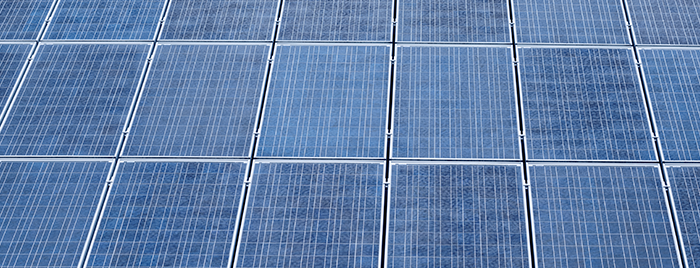Written by Audrey Carson, (614) 292-6236; acarson@oh-tech.org
The Dunietz Group at Kent State University is researching key processes in material science at a very fundamental level. The computational group led by Barry Dunietz, Ph.D., provides molecular-level insight into charge-transfer processes through various molecular interface to understand the structure effects on the motion of electrons. Through computational simulations and the development of models using the Ohio Supercomputer Center’s Oakley Cluster, the group investigates electron transport and transfer processes. This information can be used to focus experimental efforts to develop material and devices used for high efficiency photovoltaic and thermoelectric applications.
“My lab is solely computational,” Dunietz said. “But definitely some of the work done on the supercomputer was done with very specific experiments in mind. Sometimes the calculations have provided a new molecular level understanding that inspired a different interpretation of the measurements than was offered originally.”
While the charge-transfer process—the movement of electrons within and between molecules—is one of the most studied phenomenon in materials science, it can be unpredictable, as it is strongly affected by a wide range of parameters, including molecular structure, environment and temperature. To improve the efficiency of these reactions, the Dunietz group is gaining a molecular-level understanding of the charge transfer mechanisms and the rates at which they occur. By doing this, the group can provide insight into how the molecules can be designed and used in a way enhances their key physical properties. Ultimately, optimal semiconducting materials for use in specific applications could be discovered.
“While our research is fundamental in nature, it can be used eventually to direct both the synthesis of the molecular material and their fabrication in optoelectronic devices,” Dunietz said.
One main thrust of the group’s work is related to the use of organic material in photovoltaic applications, such as solar panels. The traditional semiconducting materials used for solar panels are expensive and can have harmful environmental effects. The Dunietz group research on electron transfer and transport in organic semiconducting materials can contribute to replacing these with plastic-like materials in solar panels.
“Here we are looking into photo induced processes that are leading to charge separation and therefore to energy conversion,” Dunietz said. “The extent of the cluster, its size, allows us to basically experiment on several ideas at the same time, therefore testing different approaches and being able to identify the correct one quicker.”
###
Written by Audrey Carson
Project Lead: Barry Dunietz, Ph.D., Kent State University
Research Title: Modeling charge transfer and transport processes in organic semiconducting materials for energy conversion applications
Funding Source: Department of Energy, National Science Foundation
Website: personal.kent.edu/~bdunietz/index.html

